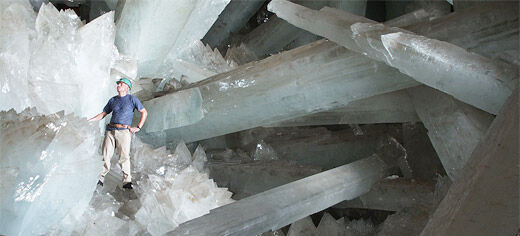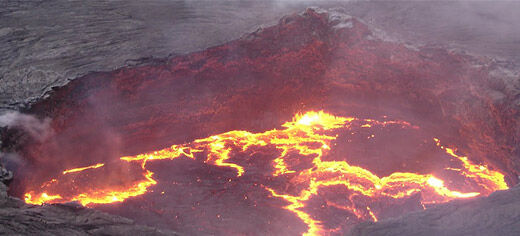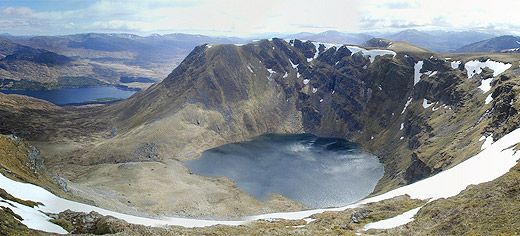
Keeping up with the Joneses harms Britain's bees
University of Leeds scientists take 'bee-friendly gardening' on the road as they prepare to exhibit at Chelsea Flower Show.

University of Leeds scientists take 'bee-friendly gardening' on the road as they prepare to exhibit at Chelsea Flower Show.

Researchers from the University of Leeds are studying how to make electricity from electrodes coated in bacteria, and other living cells, using light or hydrogen as the fuel.

University of Leeds scientists offer gardeners practical tips on making the most of Spring rainfall.

A three year £1.3 million research project will examine how bees, hoverflies and other pollinating insects are affected by city life.

Scientists have discovered the initial stages by which gypsum crystals form.

A University garden at this year's Chelsea Flower Show highlights how messy gardens can boost pollination, manage water and increase carbon capture.

Two new studies into the "plumbing systems" that lie under volcanoes could bring scientists closer to predicting large eruptions.

Aggressive American signal crayfish are threatening Yorkshire's native white-clawed crayfish populations because they have better resistance to parasites and are less fussy about what they eat.

During this year's Climate Week, which runs from 12 - 16 March, the University will be showcasing its research and the positive impact it is having on sustainability.

In a first for the UK, a new map detailing Scotland's wild areas is being published today by Scottish Natural Heritage (SNH).